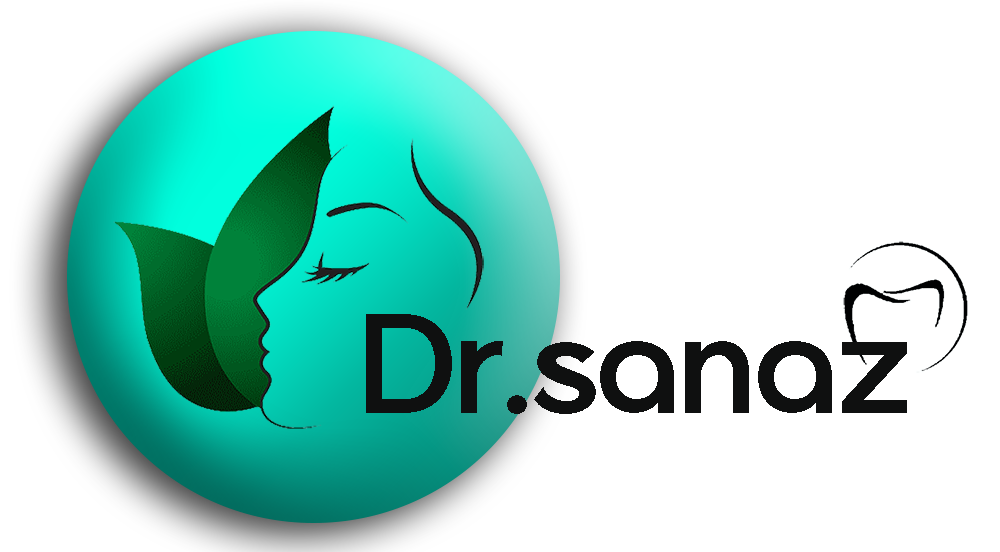

10 Signs Of Heart Failure That You Should Not Ignore
Table of Contents
Heart failure means the inability of the heart to pump blood. Heart failure does not mean cardiac arrest or heart attack (although people with heart failure often have had a heart attack in the past).
Cardiac debility is also called congestive heart failure (CHF). Congestion means the body’s accumulation of fluids due to the heart’s decreased ability to pump blood.
The symptoms of Cardiac insufficiency develop over weeks and months following the weakening of the heart and its ability to pump blood based on the body’s needs.
Heart impairment often leads to an enlarged heart (left ventricle).
Heart failure is one of the symptoms of heart disease. This condition makes the heart weak.
In some people, this disease is such that the heart cannot pump blood to other body parts, and the normal heartbeat is disrupted. In others, it causes the heart muscle to stiffen and reduces blood flow to the heart.
It is interesting to know that according to statistics, the probability that a person will suffer from Cardiac disruption during his life is 20%, which means that one out of every 5 people is likely to suffer from heart failure.
Again, based on the US Centers for Disease Control and Prevention, more than 6 million American adults have heart failure.
It is important to note that children may also suffer from Cardiac disorder.
Related: “Heart Transplant Aftercare / A Journey to Recovery“
Lifesaving signs
In general, the symptoms of heart failure can be classified into three comprehensive categories, which include the following signs:
- Symptoms caused by overload and fluid congestion
- Symptoms caused by reduced heart pumping
- Symptoms caused by cardiac arrhythmia
What are the warning signs of heart failure?
What are the warning signs of heart failure?
Symptoms caused by overload and fluid congestion
Unfortunately, one of the common symptoms in people with heart failure is fluid accumulation in the body, along with lung congestion.
Therefore, this case can be considered as one of the cases that make a person suspicious of The symptoms of Cardiac insufficiency develop over weeks and months following the weakening of the heart and its ability to pump blood based on the body’s needs. Heart failure often leads to an enlarged heart (left ventricle).
In people who have heart failure, the pumping power of the heart is significantly reduced, and the body’s reaction to this issue is that it does not compensate for this decrease in contractile power by retaining water and salt, and in this way, the volume of body fluids and blood Increase.
The retention of water and salt in the body can provide the basis for various symptoms, among which the following signs can be mentioned.
- Weight Gain: One of the main indicators of this symptom is a rapid and significant increase in weight.
This is the reason why doctors and cardiologists suggest measuring and calculating their weight every day and keeping it under control.
Related: “Medical Conditions That Cause Morbid Obesity“
- Edema – Other symptoms of heart failure include edema or concrete swelling. In fact, excess fluid tends to accumulate in the lower limbs, such as legs and ankles, and in these cases, we will see edema or swelling as an obvious indicator.
It is also possible that this edema and swelling can be seen in the abdominal area and the internal cavity, which causes a state called ascites to appear.
Related: “What Is The Difference Between Intermittent, Remittent, And Relapsing Fever?“
- Lung congestion – In Cardiac dysfunction, the accumulation of salt and body fluids increases the pressure in the heart cavities.
High blood pressure inside the heart chambers causes some excess fluid to accumulate in the lungs, resulting in pulmonary congestion.
Because pulmonary congestion is so common, you’ll often hear the term “congestive heart failure” as an equivalent for heart failure.
Related: “How To Prevent Pulmonary Hypertension Naturally?“
This lung congestion typically leads to breathing problems, which can cause several distinct symptoms, including:
Related: “What Are The Symptoms Of Pulmonary Embolism?“
- Shortness of breath during physical activity and sports – “Dyspnea”, or shortness of breath, is very common signal in people with heart failure.
The repositioning of fluid in the lung causes the lung cavities to fill with fluid, and the movement of respiratory gases like oxygen does not take place properly.
These people usually do not have many symptoms during rest, but when they start exercising and physical activity, they will experience shortness of breath, reduced lungs and premature fatigue.
In severe diseases, these symptoms can be seen even at rest.
It is noteworthy that shortness of breath during exercise is often accompanied by a dry cough. Of course, a cough can occur alone and before shortness of breath.
A bad cough during physical activity may also be a sign of worsening lung congestion.
- orthopnea – Orthopnea is shortness of breath that occurs when lying down. The sick person is comfortable while sitting or standing or has few symptoms, but as soon as he lies down, he will experience shortness of breath and anxiety symptoms.
To overcome this problem, these patients use more pillows to sleep so that by elevating the lungs from the body, the amount of fluid accumulation is reduced, and their symptoms are reduced.
Needing more pillows to sleep is a sign of worsening heart disease and heart failure.
- Paroxysmal nocturnal dyspnea PND – Another symptom of worsening heart failure is PND.
People with PND wake up suddenly from a deep sleep a few hours after falling asleep and feel short of breath.
Related: “How To Cure Sleep Disorder / 9 Must-Know Type“
The shortness of breath of these patients lasts for a few minutes to half an hour and then disappears.
- Bandage – Stenosis is a symptom seen in patients with heart failure that has only been described in recent years.
This symptom refers to shortness of breath that occurs when bending forward.
People who have this symptom experience shortness of breath and symptoms of Cardiac insufficiency while tying their shoelaces, picking something up from the ground.
- Acute pulmonary edema – Acute pulmonary edema is caused by a rapid and sudden accumulation of fluid in the lungs.
In some cases, when heart failure occurs quickly, or the severity of Cardiac insufficiency is high, the lungs are quickly filled with fluid, and the respiratory capacity of the lungs is greatly reduced.
The symptoms of these patients develop quickly, and these patients suffer from air hunger even while resting.
To compensate for the lack of oxygen in the body, they will take deep and rapid breaths, which, after some time and with the fatigue of the respiratory muscles, their symptoms will intensify again.
Pulmonary edema is one of the medical emergencies that require the treatment of patients in special departments using injectable drugs.
Symptoms caused by reduced heart pumping
The main job of the heart is to transport blood to all the organs of the body.
In people with heart failure, this pumping action is usually reduced to some extent.
In most cases, the symptoms of poor heart pumping (also called “heart failure”) manifest as a hint of lack of blood in the body’s organs, such as the muscles, brain, and other parts of the body.
Related: “How Can I Raise Iron Levels Fast?”
The symptoms of reduced pumping ability are numerous, but the most obvious of these symptoms are:
- Extreme weakness and fatigue
- Muscle weakness and atrophy
- lethargic and lifeless
- Severe weight loss
Symptoms of reduced heart pumping are usually very important indicators, and obviously, signs like these are not compatible with long life, except in cases where heart function can be improved with drugs or if a heart transplant or ventricular assist device cannot be used.
People with Cardiac debility that causes these types of symptoms usually die relatively early.
Symptoms caused by cardiac arrhythmia
Heart failure patients usually have arrhythmias. Arrhythmias such as “atrial fibrillation”, “premature heartbeats” and “tachycardia” are common symptoms in patients with heart failure.
The signs that can occur due to arrhythmia in people with Cardiac disorder include:
- heartbeat
- Feeling lightheaded and dizzy
- Decreased level of consciousness and syncope
What does heart failure start with?
Heart failure can often start with no noticeable symptoms, so it’s important to get regular checkups and monitoring to catch any early signs.
In many cases, heart failure is a indicator of another underlying condition, such as high blood pressure, diabetes, or coronary artery disease, which is the narrowing of the arteries that give blood to the heart.
Related: “How To Increase Blood Pressure? Mastering The Art Of Blood Pressure“
Over time, if the underlying condition is left untreated, the heart muscle can become weakened and unable to pump sufficient levels of blood to meet the body’s needs, leading to Cardiac dysfunction.
Other contributing factors that can increase the risk of heart failure include being overweight or obese, leading a sedentary lifestyle, smoking, excessive alcohol consumption, and a poor diet.
conclusion
Heart failure is a long-term position that worsens over time. Although it seems that the patient’s heart has failed when dealing with the name of heart failure, this is not true. Signs of Cardiac disruption mean that the patient’s heart cannot pump enough blood. When the patient’s heart has less pumping power, it can damage his organs.

